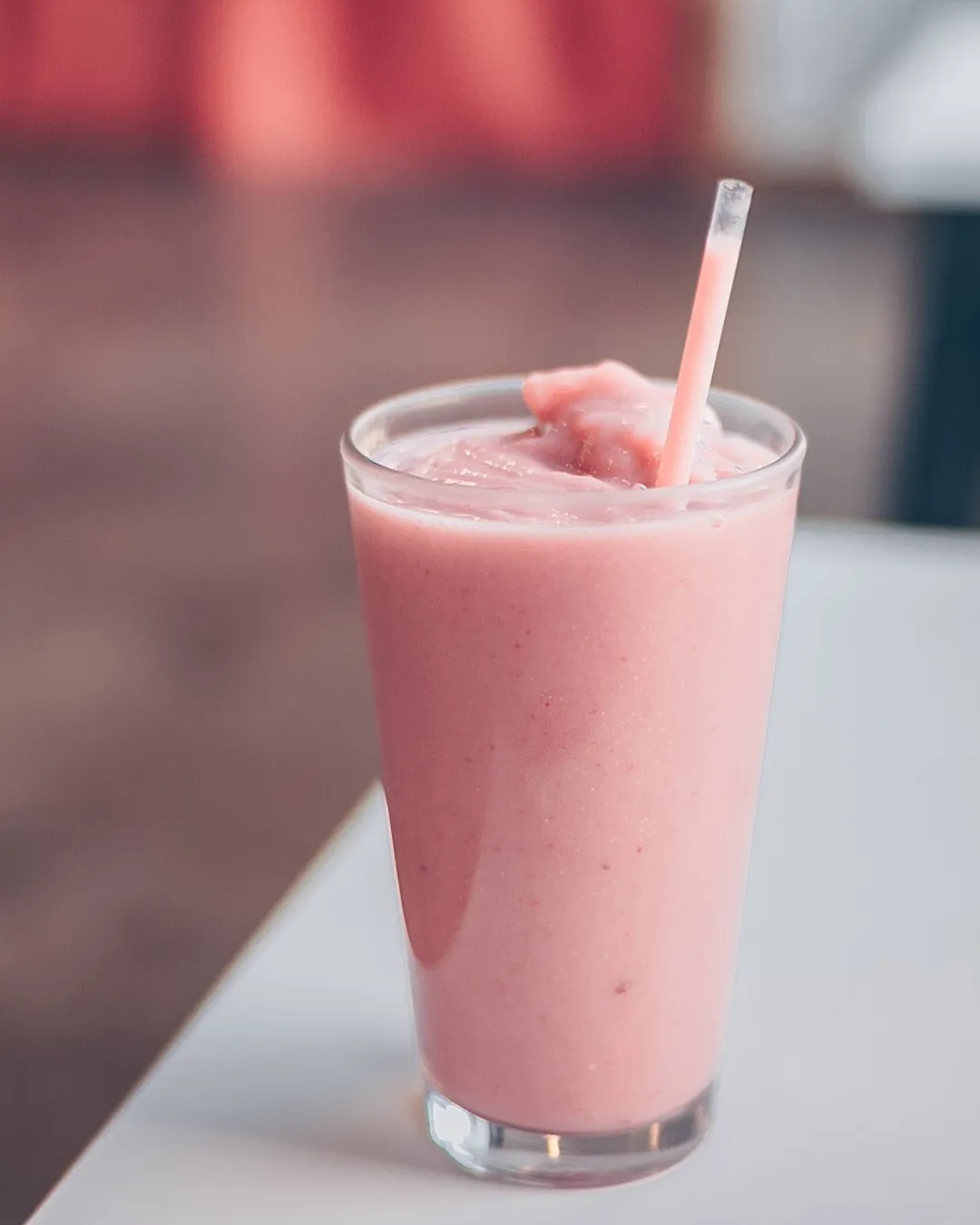
Let's Talk about Protein
Protein is a topic we get questions on all the time.
What is it? Where do I get it from? How much do I need? Do I need to take protein supplements?
So in this article we aim to look at what the research says, the practical application, dispel any myths and hopefully by the end we will have answered all of your questions.
What is Protein?
Protein is much more than the piece of chicken on your plate or scoop of powder in your shaker. As well as being an important macronutrient in the diet, protein is also involved in bodily structures, function and regulation of metabolic processes.
Protein makes up part of muscle tissue, internal organs, tendons, skin, hair & nails. It is necessary for growth and repair of body tissue. It is required to make enzymes, antibodies, neurotransmitters and hormones. It has a role in blood clotting, transporting oxygen around the body and maintaining optimal fluid balance. In a fasted stated, or when insufficient carbohydrates are present, protein can also be used an energy source.
In addition to all that, protein is also important for promoting satiety, meaning it can keep you feeling fuller for longer. This is important if you are trying to lose or manage your weight.
What are Amino Acids?
Proteins are large molecules made up of long chains of amino acids. Amino acids are the building blocks of proteins. There are 20 different amino acids. 8 of these are essential for adults, meaning we cannot synthesise them in the body and so have to get them from our diet. You don’t need to worry about eating essential and nonessential amino acids at every meal. Instead focus on eating a wide variety of foods and getting a balance over the day.
Protein & Muscle Building
If you are reading this you are probably a current exerciser or thinking about starting an exercise programme. Your goal may be to change your body composition. It is important to remember that eating protein alone is not enough to build muscle. Muscle needs a stimulus to grow, and this is achieved with a properly planned strength training programme.
How Much Protein do you Need?
The recommended daily amount (RDA) for protein is 0.8g per kg of body weight per day. It is important highlight however that this figure is to set to prevent deficiency in the majority of the population. It is not considered optimal, especially in the context of exercise and fitness where higher protein intakes are required. There is now good rationale for recommending daily protein intakes that are well above the RDA to maximise metabolic adaptation to training (Philips, 2012).
It is the position of the International Society of Sports Nutrition (ISSN), 2017, that the majority of exercising individuals should consume a minimum of 1.4-2.0g of protein per kg of bodyweight per day to optimise exercise training induced adaptations.
1.5g protein per kg of body weight per day is a good starting point for both men and women.
So if you weigh 80kg:
80kg x 1.5g = 120g protein per day.
Protein Timing
So now we have covered how much protein you should be eating on a daily basis, the next question you are probably going to ask is “how soon after exercise should I eat/drink protein?”
Research now suggests that the post-exercise ‘anabolic window of opportunity’ to consume protein is much wider than once thought and the main thing to consider is your total protein intake over the course of the day. There are of course some exceptions. For example, if you tend to exercise fasted taking protein post-workout may be advisable. But for most people who train once a day there is no need to worry about throwing back a protein shake immediately after your workout in fear of “losing your gains”. To counter-argue, not consuming protein post-exercise offers no benefits.
So what does 20g of protein from food look like?
Each option below provides approximately 20g protein.
Note: Some brands may vary. We are not suggesting you consume these foods in these portions. Figures are for reference only.
· 3 eggs
· 80g uncooked chicken
· 70g uncooked lean beef mince
· 80g salmon
· 100g prawns
· 170g tofu
· 150g Quorn pieces
· 70g almonds
· 70g peanut butter
· 80g cheddar cheese
· 200g Greek yoghurt
· 400g natural yoghurt
· 600mls semi-skimmed milk
· 5 litres almond milk (you can see that plant based options are not a good source of protein)
Do you need to take Protein Supplements?
In short, no but…………
While it is possible to meet your daily protein target from diet alone, protein supplements are a great, convenient way to fill in the gaps.
There are some situations where protein supplements may be particularly handy….
· Your calories and protein requirements are high and you struggle them through food alone
· You have a poor appetite
· You are recovering from surgery
· You travel a lot with work and need something convenient to take with you
· You are vegan or vegetarian
· You skip meals and want to break that habit
· You train early in the morning and don’t like eating solid food before exercise
· You are on a reduced calorie diet and want to increase your protein intake without adding excessive amounts of calories, fat and carbohydrates
· You have a really sweet tooth and including your favourite flavour of protein powder helps curb the sweet craving to stay on track with your eating plan
Supplements are not magic powders, and are no more effective than protein rich foods. What they do offer however is convenience.
Any questions drop u an email info@hustle-hub.co.uk